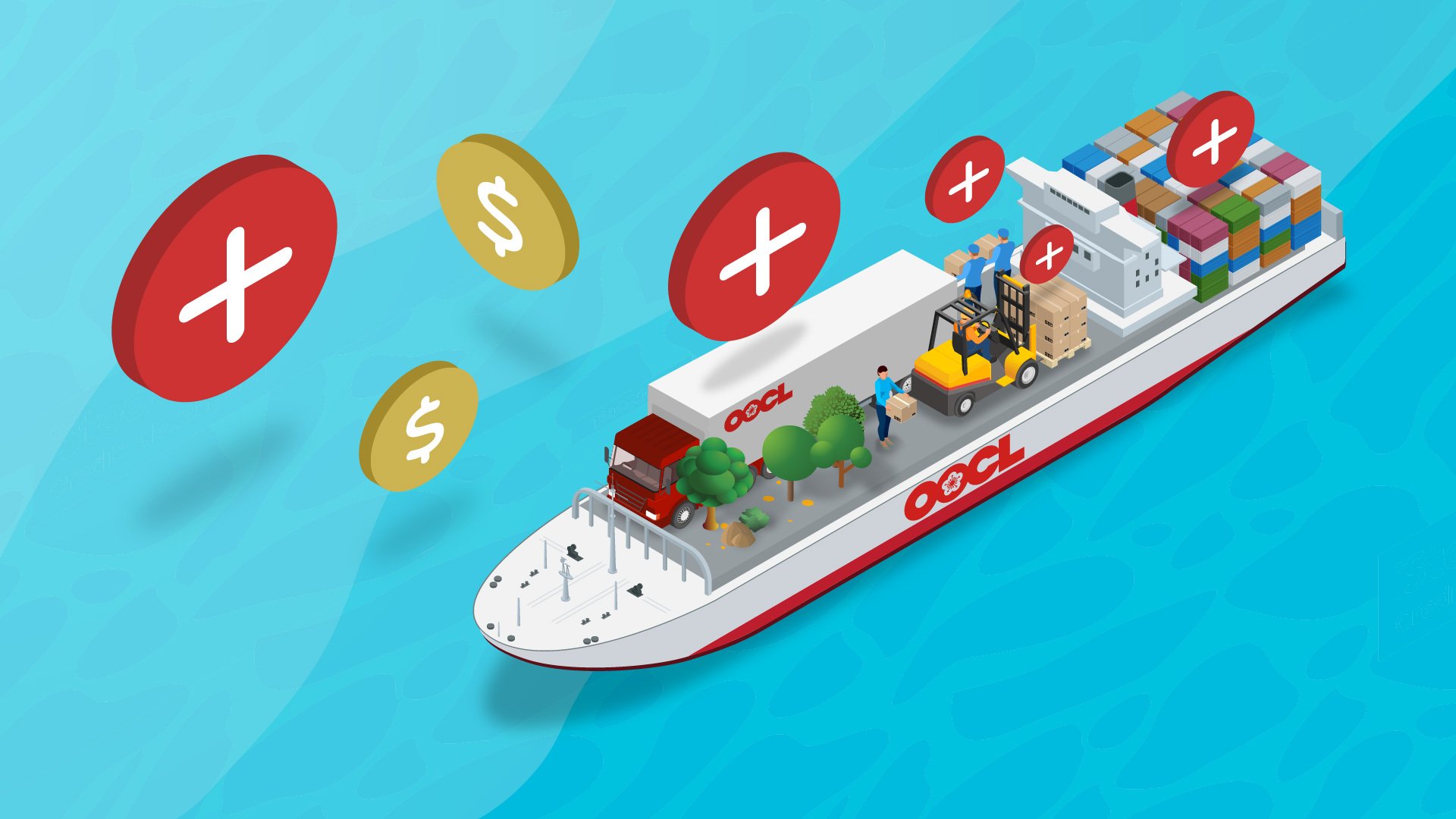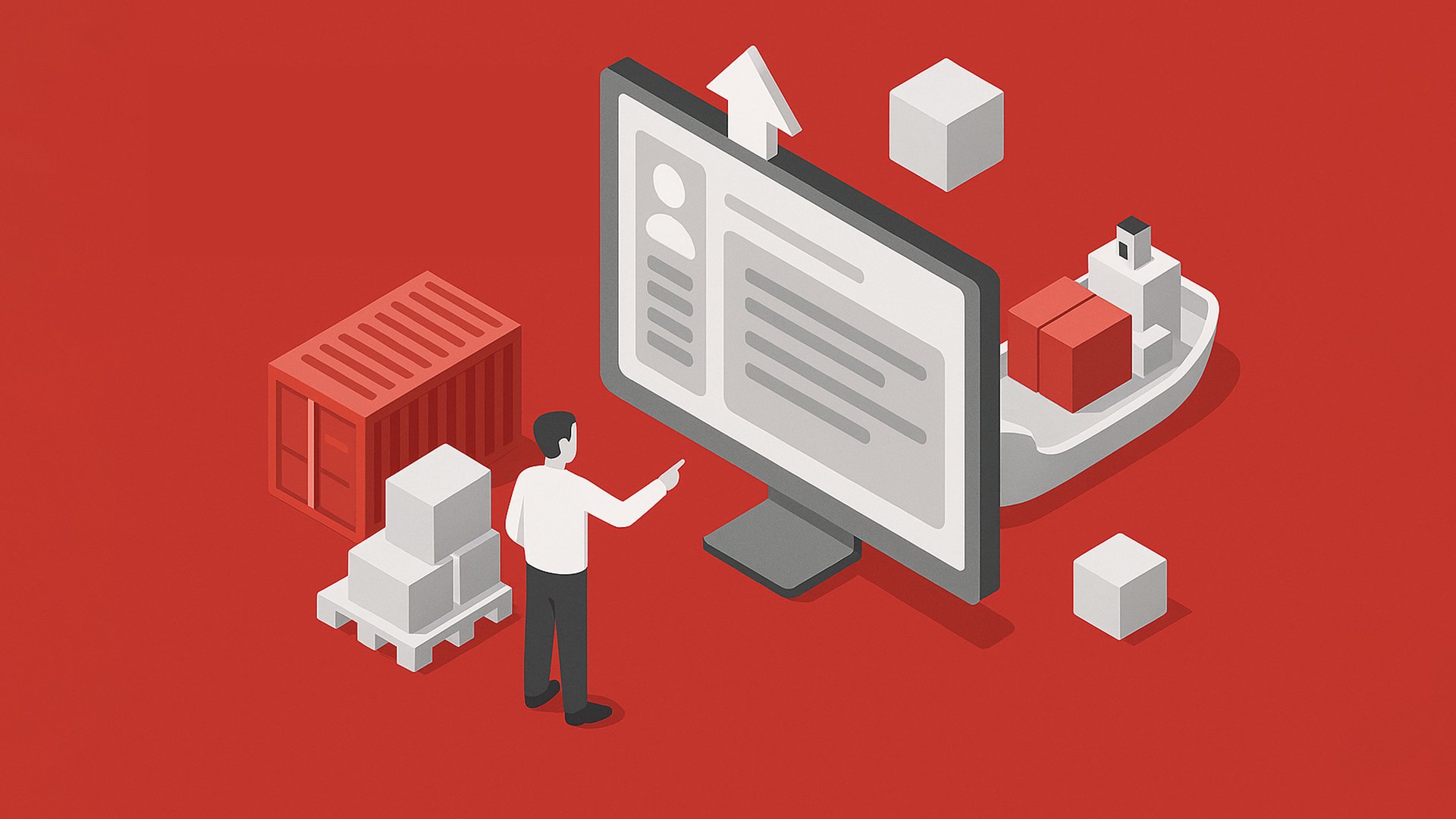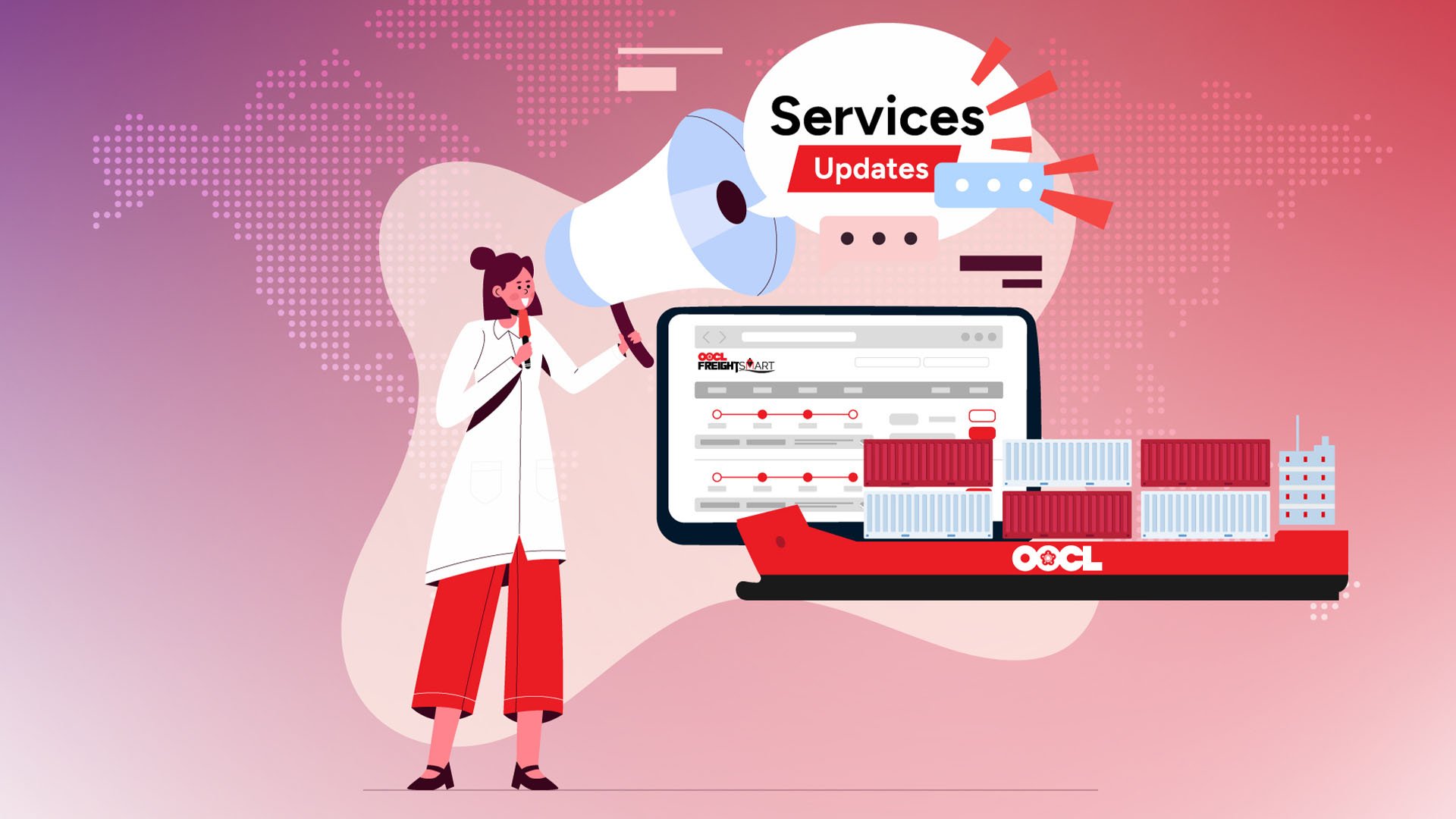The Vanishing Line Between Carriers and Forwarders: How Tech is Blurring the Distinction
Logistics services have traditionally been marked by a sharp distinction between carriers, who move cargoes, and forwarders, who act as middlemen between carriers and shippers. We look at the differences between their roles, and explain how evolving technology is disrupting this conventional picture.
Carrier vs. Forwarder – what’s the difference?
A Carrier is a company that provides transportation services for goods or cargo. Carriers can be divided into different types: shipping companies such as OOCL; trucking companies; airlines; and rail carriers. They are responsible for physically moving goods from one location to another, and bear legal responsibility for the cargo while it is their hands.
A Freight Forwarder, on the other hand, acts as an intermediary for importers/ exporters by helping them establish connections with carriers such as ocean liners, air freighters, and trucking companies. A forwarder could play a crucial role during the shipping process as they oversee the entire movement of goods, from shipping to storage, and even the documentation processes. Furthermore, forwarders would negotiate transportation costs and choose trade routes that align with the requirements of their clients.
While carriers and freight forwarders play different roles in the logistics industry, they each have their advantages and disadvantages.
Why choose a carrier?
Partnering directly with a carrier can provide your business with an enduring working relationship that can often lead to better shipping rates – by cutting out the middleman – and improved reliability, ensuring your cargo arrives at its destination on time and in good condition. For businesses shipping large volumes on a few regular routes, this will often be their best option.
On the downside, a traditional carrier may offer a narrow range of services, and will typically be less flexible than a forwarder in handling small shipments, and in making special arrangements for non-standard requirements.
Why choose a forwarder?
By consolidating small shipments from several shippers, freight forwarders may be able to negotiate better rates from carriers than smaller shippers could obtain individually. They can offer intermodal solutions that allow for the efficient movement of cargo across multiple modes of transportation, and can also offer customized service to cater for a variety of customer needs. Smaller companies often lack in-house shipping expertise, and forwarders commonly provide support with customs, insurance and paperwork, which can be particularly useful for international shipments.
However, these additional services may come at additional cost, as the forwarder’s profit largely comes from their markup on what the carrier charges them. Shippers may also have slower access to information on their shipments, since it passes through the forwarder as intermediary. Furthermore, as forwarders do not have direct control over assets such as vessels and containers, and do not set schedules, they ultimately have less control over the shipments they handle than the carriers do.
How technology is changing these traditional roles
In recent years, the hard dividing line between forwarders and carriers has softened. Some larger forwarders may also act as carriers, while, aided by new digital technology, many carriers are now providing a wider range of integrated and multimodal options. Furthermore, innovative technology platforms like FreightSmart are enabling carriers to offer one-stop services which were previously only available from forwarders.
FreightSmart, for example, simplifies the ordering and booking process by providing instant quotations and price breakdown, together with E-Trucking‘s road transportation services to complement the ocean freight service. And the platform’s E-Customs Solution helps shippers find their way through the maze of customs clearance requirements.
With carriers now able to offer a range of digital shipping solutions like these, shippers can enjoy reduced costs by streamlining their processes, eliminating paperwork and manual procedures, and reducing the need for intermediaries. With these benefits yielding improved profitability and a more competitive position in the market, many shippers will find their needs fully satisfied by their chosen carrier alone.
Check out FreightSmart today for the new integrated future of logistics.







